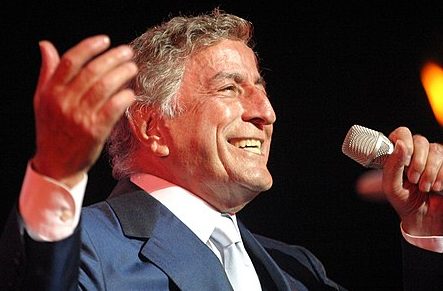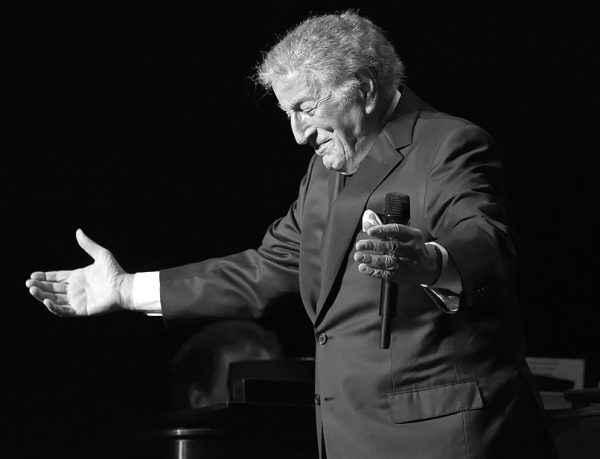In Case You Missed It (ICYMI), this article was originally written by Andy Goodman and published in our September 2011 issue of Free-Range Thinking.
You’ve said the same words a thousand times. So how do you keep them fresh for today’s audience? A legendary singer has the answer.
Between in-person speeches and online classes, I give roughly fifty talks a year on the subject of storytelling alone. While I tailor each presentation for the audience at hand, there are certain portions that are invariably repeated. And when I arrive at those portions, a little voice in my subconscious pipes up. “Again?” it asks. “Are you really saying those exact same words again?”
Sound familiar? Even if you’re not hearing voices (yet), I’m guessing there are times when you find yourself reciting an all-too-familiar script. Perhaps you’re pitching to a prospective donor, interviewing a job candidate, or talking to the press. At first you’re in the moment, but before you know it, your mouth is on autopilot and your mind is… beginning… to…. Sorry. Where was I?

Tony Bennett (photo by Tom Beetz)
As someone who does a lot of public speaking, I must confess this was getting to be a problem, but about a year ago, singing legend Tony Bennett gave me an invaluable piece of advice. (And by that I mean Mr. Bennett was being interviewed on National Public Radio, but the advice he shared was so spot on that I felt he was talking directly to me.)
The NPR interviewer asked Bennett a question about his signature song, “I Left My Heart in San Francisco,” one that several other interviewers have posed as well: When you’ve sung that song so Tony Bennett many times, where do you find the inspiration to belt it out with gusto one more time? I turned up the volume on my car radio. If ever there was an analogy to my particular problem, this was it.
Bennett chuckled and admitted that this was, indeed, a challenge. He’d lost count of the number of times he’d sung that standard. But whenever “San Francisco” appeared on his set list, he consciously took a moment before the performance to stop and think about what the song meant to him.
Bennett said the song had opened doors for him around the world, and that he’d had the privilege of singing it before kings and queens, presidents and prime ministers. It became an “all-access pass” for a crooner who had been relegated to singing in bars, and now he was performing for sold-out crowds in concert halls and arenas.

Tony Bennett (photo by Andy Witchger)
In those moments of reflection, Bennett said he felt grateful for all that the song had done for him, and once that feeling started flowing through him, he knew he was ready to perform. Audiences may respond to the lyrics, the song’s sentiment, or his delivery, Bennett added, but he believed they also connected with this unspoken feeling of gratitude.
I’ve taken his words to heart ever since, and now, whenever I’m waiting for my turn to present, I consciously think about the unique opportunity I’ve been given. When I start to feel gratitude, I know I’m ready to begin. And should that little voice ask, “The same words? Again?” I will be able to answer with conviction, “Yes, the same words, and happy to say them.”
(Special thanks to Anna Christopher of NPR for her help with this story.)